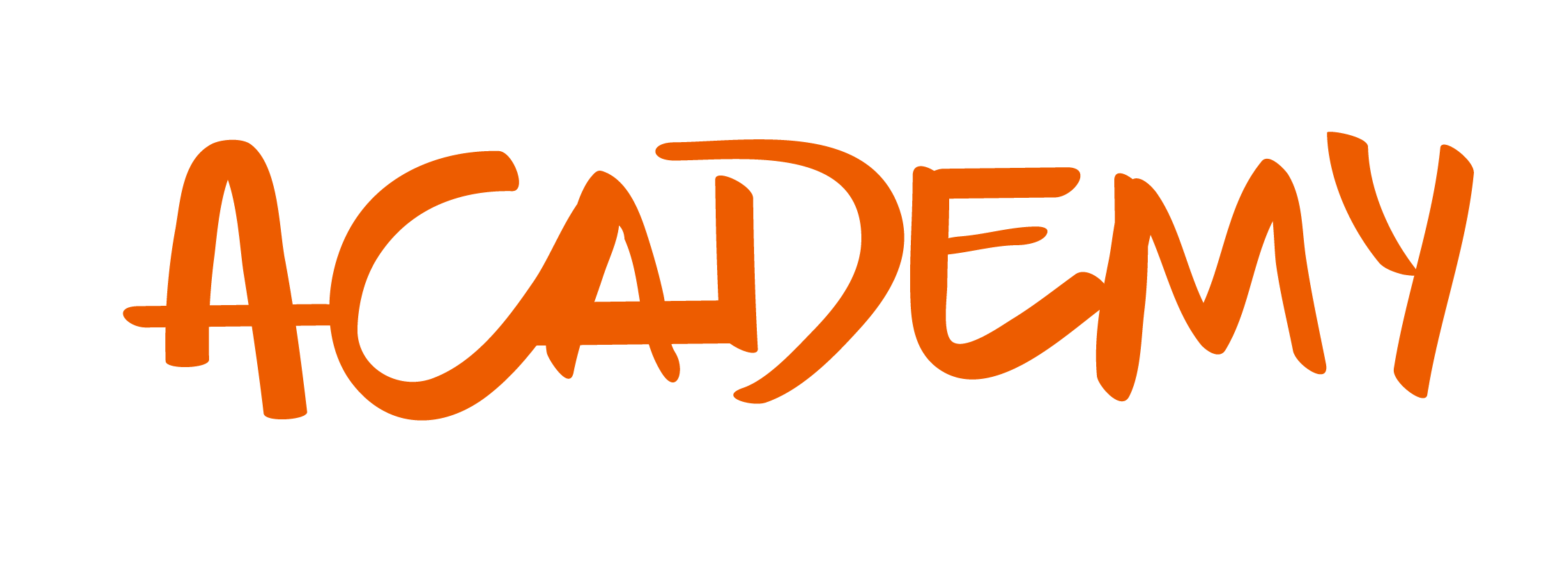For start-ups and small business owners, freelancers provide the perfect opportunity for cost-effective growth. But why should you use freelancers instead of hiring new recruits? And what are the most effective ways to drive peak performance from your ‘flexible workforce’? In this article, we’ll find out all the answers to these questions and more.
Why you should work with freelancers
Freelancers are cost-effective and flexible labor for many businesses. You can hire an expert for any task, skill, or niche you require to expand your business. As independent contractors, they’re responsible for their own tax and health arrangements, so as a business you save on these overheads.
Most freelancers also work on a per-project basis, so as soon as they complete the job, you part ways. This is especially appealing for smaller professional services firms as it allows for greater budget flexibility: there are no ongoing payroll costs with independent contractors. This means start-ups can build their client base and launch new projects with less financial commitment, which allows for quicker and more agile growth. And as most freelancers are already professionals, you’ll save on training and equipment expenses, not to mention office rent and other overheads.
As well as money, freelancers can also save you valuable time. Because you’re hiring them on a short-term or per-project basis, there’s no lengthy onboarding procedure or probation period to pass. And given they’re already experts in the field, there’s no need to spend time training and developing them.
This is another major benefit to working with freelancers: expertise. Many professional services firms use freelancers to fill knowledge gaps in their teams. For example, a small web development firm would have lots of designers and coders but may lack the talent necessary to help with marketing and other areas. By looking for freelance marketers, the team has instant access to a marketing expert, who can start work almost immediately on the required tasks.
In addition to expertise, many freelancers also focus on a particular niche area. Marketing is the perfect example as it’s a broad term that covers all sorts of tasks and objectives. For example, instead of recruiting one “full-stack” marketing professional to cover everything from Google Analytics to TikTok, you could hire freelancers who specialize in these specific areas. This helps businesses to ensure higher quality work, as well as faster completion times.
And successful freelancing means networking, so working with contractors can help you build a wide range of professional connections. For example, a social media freelancer is likely to also know copywriters, graphic designers, and coders. Leaning on your freelance team for referrals means you save time searching for professionals.
Top tips for working with freelancers
So working with freelancers has huge advantages for all types of business, from start-ups to big organizations – when done right. As independent workers, they need to be treated and managed differently from employees to get the best results. Here are COR’s top tips for getting the best results out of your freelancers.
Identify what tasks, skills, and commitment you need first
Before even engaging with a freelancer, it’s important to define exactly what needs doing, how long you expect it to take, and the skillset required. Identifying these key areas first will help you narrow down your search, stop you from wasting time, and increase your chances of finding the right person for the job.
For example, if you need help with your firm’s social media marketing, ask yourself exactly what the tasks are. Maybe you’re doing ok on LinkedIn, but need help with Instagram. In which case, you could search for an Instragam-specific expert. And even then, is it the given channel you need help with or the visuals and content? Would it be better to hire a graphic designer and content writer?
Regardless of the task or industry, the best freelancers need to have excellent communication skills and be experienced, remote workers. When hiring freelancers, breaking down the tasks and skills necessary will help you find the right person in less time.
Simplify the hiring process
When hiring freelancers, make the process as simple and as quick as possible. Type up a job description that includes the exact deliverables and time frame required. To help attract the right candidates, you should be as specific as possible. So instead of saying “post on social media”, say “1 post and story per day on Instagram for the next 90 days”. This will help new freelancers understand the scope of the job before contacting you, and ensure that only those who meet the requirements apply.
Most freelancers consider themselves independent businesses and not part-time employees, so you shouldn’t ask for a resumé or cover letter. Instead, they’ll have their own website, social media, reviews, and portfolio. If you ask for a resumé, this could be a red flag to the best freelancers: if you treat them as employees in the hiring process, what sort of client will you be? Are you looking to treat them as an employee without paying them as such?
In the gig economy, time is money and so to attract the best talent you should make hiring as quick as possible. Avoid multi-stage interviews, entry tests, and trial tasks. Independents are always on the lookout for new potential clients and the best freelancers get snapped up quickly. Instead of interviews, consider an informal video chat via Skype or Zoom. And use their portfolio and reviews to determine their skill set, instead of unpaid test assignments.
Establish ground rules
As soon as you’ve hired your new freelancer, the first thing you need to do is set the ground rules. By communicating your expectations from the very beginning, you’ll avoid potential problems later on. And if they can’t meet your requirements or object to them, you can start looking for another professional before work begins.
So what do we mean by ground rules? Well, this varies according to each business but there are several things you should always include:
- You should both sign a contractual agreement that covers legal issues like intellectual property and non-disclosures.
- Define your communication parameters. How should (and shouldn’t) you both communicate and through which channel? Email or slack? Microsoft Excel or Google Sheets? Effective communication is essential when working with freelancers.
- Agree on days and times of the week to communicate. You should respect your freelancer‘s work-life balance – don’t expect them to always be available. Likewise, you don’t want questions and phone calls from them at midnight.
- Agree on the price and payment terms from the very beginning. If it’s going to be a long project, you should consider setting milestones or dates for interim pay payments.
Start slowly with non-critical projects
You’re set to go with your amazing new freelancer. They’re going to save you time and stress, and take all those annoying tasks off your hands. In your desperation to get things done, you assign them everything. And it’s a disaster: they hand in poor quality work, are behind schedule, and have the worst attitude. And it’s too late, they’ve completed the work and you have to pay them, even though you’re not pleased with the results.
Things like this can happen with freelancers. So to avoid these sorts of situations, you should start slowly by assigning them a few non-critical tasks to test out the quality of their work. While you should pay them their full rate, you can treat these first few jobs like a trial, although you don’t need to make that known to them. The best freelancers will know your assessing their skills, and will want to make a great first impression.
This is also the perfect opportunity for you to build a relationship, gain trust and assess their work ethic before advancing with more important projects.
Sync styles
After setting the rules for your working relationship with your new freelancer, you need to sync styles to ensure consistency with your brand. For example, if you hire a graphic designer, they’ll need to know your brand’s color palette and font, while copywriters will need to know your tone of voice and words to avoid.
It always helps to “show, not tell”. So you should keep a folder of the samples of work you like and dislike to share with your contractors. By sharing these examples and explaining why you like or dislike them, you’ll be making your expectations clearer. This will increase the chances of them getting it right the first time and avoid back and forth.
Respect their independence
A recent poll of American freelancers found the 2nd most common reason for freelancing was independence (the first was extra income). And so if you want a fruitful relationship with your freelancer, you should respect their autonomy. Most independent professionals don’t like to be considered full-time employees with managers, instead give them a deadline and leave them to it.
While it’s important for effective communication to set times to speak to each other, you should not expect them to work at the same times as you. You should also avoid “checking in” and asking for advance previews of the work.
Aside from annoying your freelancer, intervening in and controlling their work could land you in trouble with Inland Revenue or your equivalent, local tax body. If you treat them like an employee but don’t pay them as such, you could be accused of tax avoidance.
Treat them as a partner
As we’ve established, you shouldn’t treat your freelancers like full-time employees, but you should make an effort to integrate them into your team. Why? Well, effective teamwork is the backbone of any successful business. So introducing your freelancer to your team, adding them to your slack channel, and even inviting them to meet your in-house employees is a good idea to foster strong relationships.
As many freelancers run their own businesses, they may also have specific skills and experiences that could come in useful, beyond those you’ve hired them for. As your relationship matures, why not ask them for their ideas and opinions on other areas of your business.
And don’t forget, they’re the experts in their field, so use their knowledge and pick their brains. For example, you may hire an SEO expert to optimize your keywords as you believe this will help you get more traffic. But, this freelancer could assess your website and see that improving site speed and responsiveness will actually get you better results in less time. By leveraging your contractor’s full skillset, you may learn things and find opportunities you didn’t know existed.
Ensure two-way communication
For effective freelance work, communication and feedback are essential. Some projects are more complex than others, and so back and forth correspondence may be unavoidable. In this instance, it’s a good idea to ensure all communication is written as this ensures both parties are clear on the project specifics. If you have frequent phone calls or video chats, you should follow up with an email to summarize. This also means you’ll have a paper trail in the event of any disputes or problems later on.
Ensure your freelancer knows the following:
- How to contact you. Do you prefer email, messenger apps, or dedicated project management platforms?
- Who to contact and what for. Should they have one point of contact, or be in touch with different teams? Who do they go to for billing questions, you or your finance person?
- When to contact them. It’s a good idea to tell freelancers your working hours.
You should also give your freelancer regular feedback to ensure you’re both aligned on expectations and quality of work. If they produce a piece of work you don’t like, it could be because you haven’t clearly communicated your expectations. And if you like their work, be sure to let them know and thank them. This motivation will keep them engaged and on track.
Pay on time
Our final tip is simple: don’t delay and pay your freelancers by the due date. For many professionals, freelance work is their main source of income and they’ll depend on you paying on time. If you’re late in paying, you risk losing their respect and they could choose to discontinue their work with you.
If you have frequent tasks for your freelancer, it may be worth agreeing on a monthly retainer instead of raising an invoice for each specific project. This way, you’re guaranteeing their availability as well as minimizing project payment and invoice admin. This may also be more cost-effective for you: freelancers are likely to negotiate better rates for the guarantee of regular work.
Managing a freelance team
As the Covid-19 pandemic proved, working from home is the future of work and the vast majority of freelancers conduct their work remotely. Aside from all the tips mentioned in this article, you should also consider what software and platforms you’ll use to manage your freelance team. If you frequently work with contractors, consider investing in project management software that tracks time and centralizes communication.
These sorts of tools allow small business owners greater visibility over the work being performed and a project’s progress. They’ll also save time by automating administrative tasks like logging hours and raising invoices. If you’re paying your freelancer on a per-hour basis, time tracking is essential to ensure they’re working at the rate you expect, and not costing you more than planned.
Where can you find good freelance talent?
There are a plethora of options available to help match you with the perfect freelancer for your project. You should start by looking in your own network. Social media is a great place to ask, and you can search for individuals on LinkedIn as well through professional groups on Facebook. Ask your colleagues, friends and family if they know anyone who could do the jobs you need. Personal recommendations give you much more confidence and peace of mind.
You can also use the numerous freelancer platforms that exist, like Upwork, Freelancer, and Fiverr. These sites are great for general needs and you will find thousands of options. It can take a lot of time to trawl through everything and there’s no quality control, but you can see verified reviews and past jobs completed. You also pay through these platforms, which acts as a form of guarantee or third-party mediator in the event of any disputes.
Conclusion
Hiring freelancers provide small businesses with a flexible and cost-effective workforce that can unlock growth and achieve results in less time. As independent professionals, you should not view them as part-time employees but as service providers to your business. By following the tips in this article, you’ll set yourself up for stronger working relationships with your pool of freelancers, which will help you meet your business goals faster.















